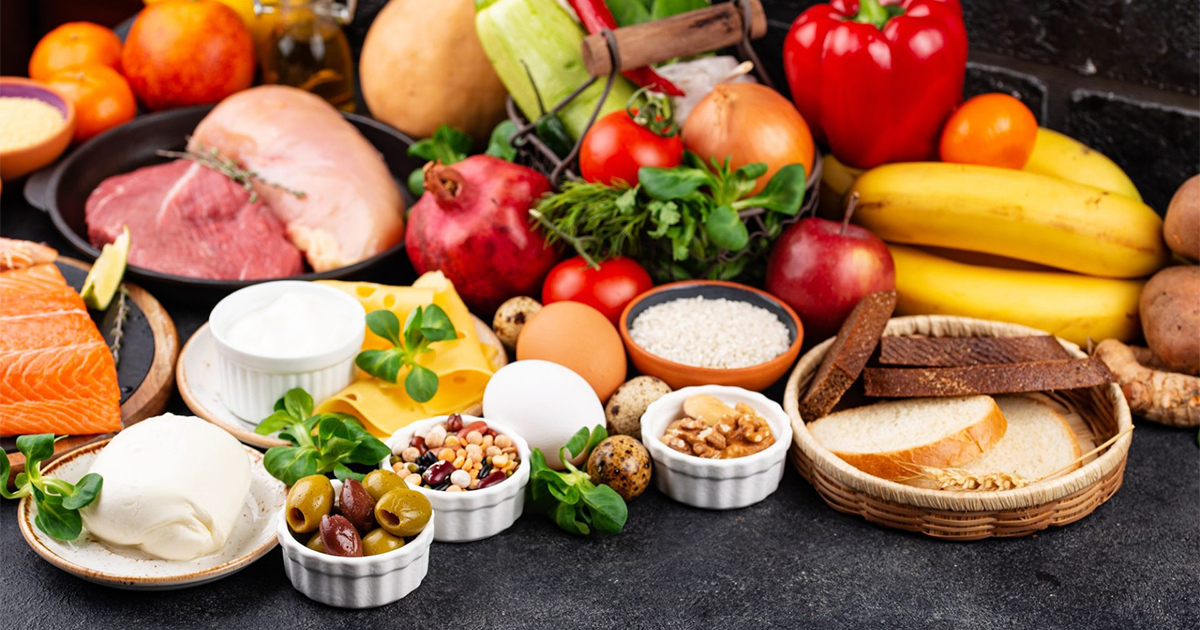- Healthy Plate Method: Fill about 25% of your plate with protein, 25% with unprocessed grains, and about 50% with vegetables and fruits.
Maximizing your fertility starts with the best diet, one that supports a healthy body and, therefore, a healthy reproductive system.
Too much processed, high-fat food and too little physical activity are increasing the rates of obesity, heart disease, and diabetes. Additionally, these health problems are making us sick at younger ages. The good news is that research tells us that diet-related health problems are preventable. All we have to do is eat a balanced diet and exercise regularly.
What Should I Do to Eat a Balanced Diet?
Skipping meals disrupts the natural balance of a functional metabolism. Poor nutrition can send a message to your body that food sources are scarce. If you’re underfed, your body will perceive it as ‘not the right time to conceive’. Also, consuming too much unhealthy food can affect the hormonal balance your body needs to get pregnant. Eating healthy doesn’t mean staying away from all your favorite foods. The key is balance.

Think of healthy eating using the ’80/20′ rule. If you eat healthy 80% of the time, what you eat 20% of the time doesn’t matter as much. No one’s health will be ruined by an occasional rich dessert. However, if you skip meals, regularly buy take-out, and rarely exercise, a lifestyle change is necessary.
Tips for Healthy Eating During Fertility Treatment:
- Fruits and Vegetables: In addition to providing vitamins, minerals, and fiber, eating more vegetables and fruits helps you avoid feeling hungry and replaces higher-calorie foods.
- Healthy Proteins: Lean meats, poultry, seafood, eggs, beans, soy foods, nuts, seeds, and dairy products provide essential vitamins and minerals for your body. They help you feel full for longer. Women need 50 grams of healthy protein per day, while men need 63 grams of protein.
- Home-cooked Meals: Reduce your fat intake by eating fried or processed foods less frequently. Studies link unhealthy trans-fats found in processed foods to higher infertility rates. Opt for home-cooked meals.
- Whole Grains: Choose whole-grain bread, fiber-rich cereals, brown rice, and other unprocessed grains.
- Regular Meals: Skipping meals during the day often leads to overeating at night. Make sure to eat regular meals.
- Healthy Plate Method: Fill about 25% of your plate with protein, 25% with unprocessed grains, and about 50% with vegetables and fruits.

 EN
EN TR
TR
